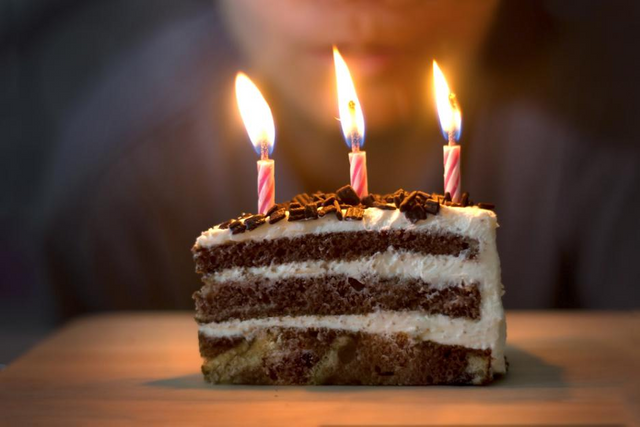
James Polk and Warren Harding are two American presidents sharing the same birthday. At first glance, the likelihood that two people out of a total of 44 have the same birthday is quite small, but this is not the case at all.
The "birthday paradox" teaches us that under these circumstances, the chance of this happening is 93 percent.
Let's simplify things - if you're alone in the room, the chance that your birthday is just yours is 100 percent. If a second person enters the room, the chance falls to a minimum of 0.3 percent for the simple reason that there are 365 days in the year and the other may have been born in each of the other 364 days.
Mathematical calculations show that you need a total of 23 people before the chance to share the 50th birthday on a birthday.
The truth is that the human brain is simply not good at such accounts, and we hardly calculate the odds and probabilities, especially when the quantities are growing. Here is another example - if we have a piece of paper, how many times do you think it should be folded to cover the distance to the moon? You'll probably say "pretty much," but that's not true at all. Fold it once and get two sheets where there was only one. Make it 41 times and we already have a distance, slightly larger than half to the moon. From here we only need one more folding and we have already covered the whole distance.
Source: www.sciencealert.com ,https://www.gettyimages.com, www.youtube.com